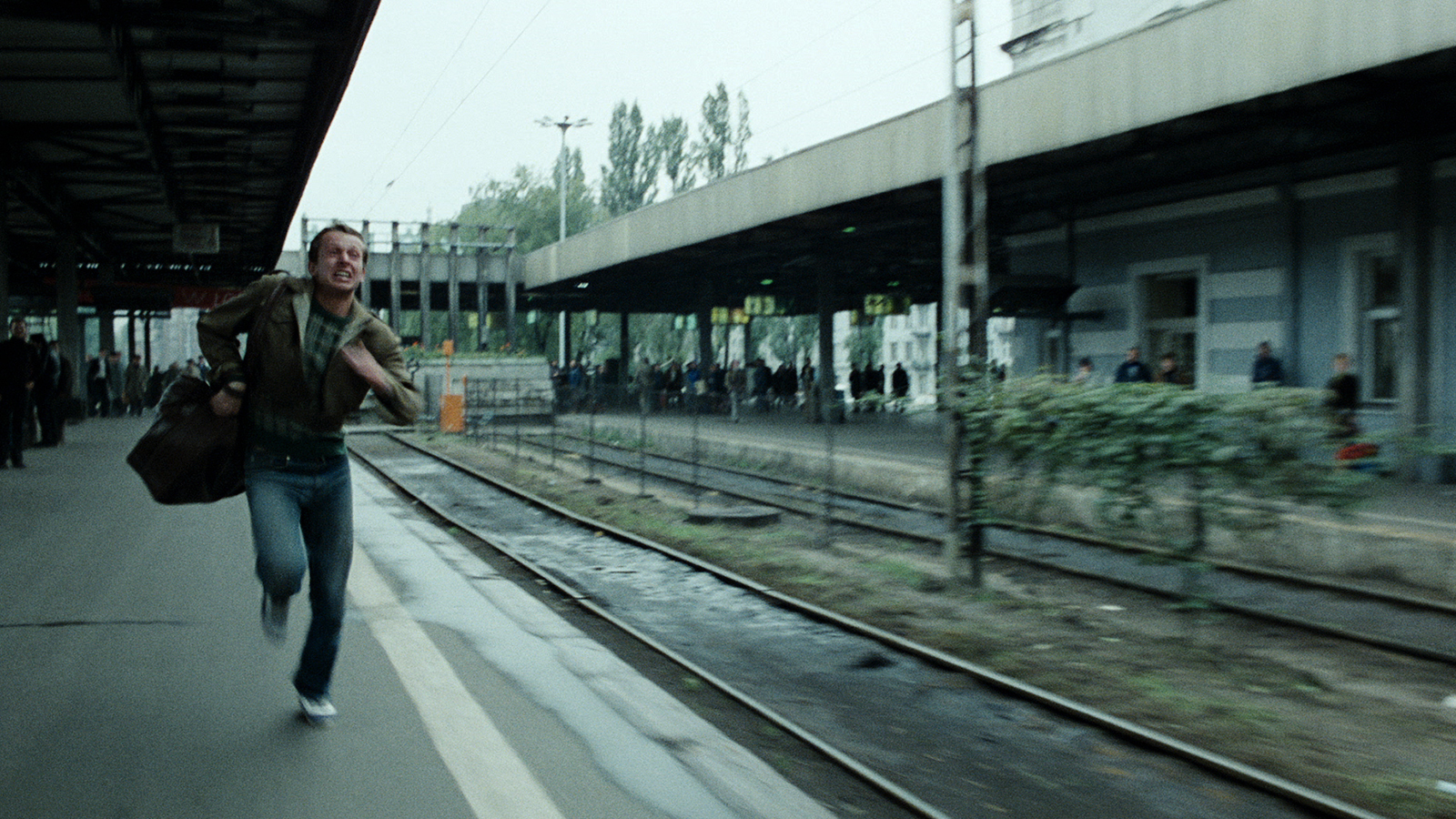
If the concept sounds familiar to you, it’s because it has been used in later films such as Sliding Doors, Mr Nobody, and Run Lola Run, with some variations. Blind Chance most likely has inspired them.
Kieslowski’s interested in chance—how many things in life are actually because of chance. Without giving everything away, in Blind Chance, Witek joins the communist party in the 1st scenario; joins the underground and becomes a religious anti-communist in the 2nd scenario; and in the 3rd scenario, goes back to become a doctor and chooses not to get involved in politics either way. Unlike Kieslowski’s later films, this one has lots of politics, so it helps to know about the political climate in Poland at the time (it’s made in 1981 but not released till 1987).
The question is, are people that malleable? If people have objections to Blind Chance, it would be this point—are our political affiliations simply because of someone we meet somewhere? Do people not have a core set of values and beliefs?
Now let’s look at Witek. He doesn’t become different people in the 3 scenarios. Note that in the 1st one, when he has to represent the communist party and go to talk to the underground group, he agrees with them (the anti-communists). In a communist country like Poland, people sometimes join the party not because of beliefs but because it’s convenient and an easy thing to do. It’s not like you live in the US nowadays—if you meet somebody, you join the Democrats, if you experience something else, you become a Republican; the situation in Poland was different, the communist party was the only one in power and if you joined, you could have convenience and some kind of protection.
It should be noted too that at this point Witek has just lost his father, and is directionless, and right away he adopts another father figure and follows him.
The 2nd scenario is also possible for someone like Witek. I know people in Vietnam, also a communist country, who for years lead simple lives and choose not to be involved in politics until something happens to them that pushes them to the other side. The scenarios in Kieslowski’s film are extreme, because the situation in communist Poland is extreme. If anything, I’m not really convinced that Witek becomes religious in the 2nd scenario, but at the same time I also know that many dissidents in Vietnam turn to God because of their helpless situations.
Then we have the 3rd scenario, where he joins neither side and still gets caught up in it. In such a regime, you can’t afford to be apolitical—politics still gets to you.
Blind Chance is a very good film, and a very interesting film. It forces you to think, are we who we are today because of our core values, or because of our experience—because of something that happened at the some point, thanks to chance? Perhaps if the something hadn’t happened, we might have followed a completely different path?
No comments:
Post a Comment
Be not afraid, gentle readers! Share your thoughts!
(Make sure to save your text before hitting publish, in case your comment gets buried in the attic, never to be seen again).